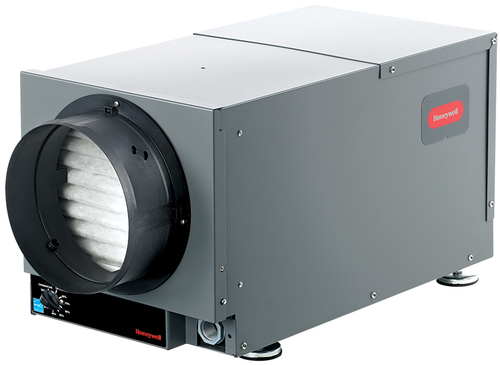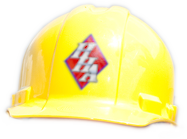"Remove 65 pints of moisture per day with this whole-house dehumidifier
Moisture leads to humidity, which leads to being uncomfortable in your own home. Our TrueDRY™ DR65 Dehumidification System can help. It’s a whole-house dehumidifier that can remove up to 65 pints of moisture per day from the air and replaces it with fresh, filtered air. You can dehumidify the whole house or a certain area. Everything about the dehumidifier makes it homeowner-friendly. Unlike portable units, it’s not out in the open. It’s also super quiet and efficient. Maintenance? Minimal. The dehumidifier drains automatically.
- Removes up to 65 pints of moisture per day
- Minimal maintenance
- Increased comfort and energy savings
- Remove excess moisture from the air, delivering fresh, filtered air in the home
- Less moisture in the home reduces the strain on your air conditioner and also allows you to set your thermostat higher to run your air conditioner less
- Can remove moisture evenly throughout the entire home or focus specifically on problem areas that can lead to costly renovations
- Unlike portable units, Honeywell whole-house dehumidifiers provide unobtrusive, quiet and efficient operation
- Professional installation"









